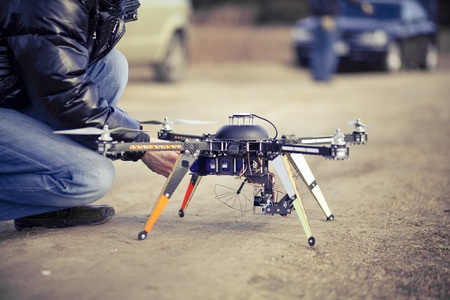The ruling is the result of a case brought by John Taylor, a recreational drone operator and attorney from Maryland vs. FAA Chief Administrator Michael Huerta about the legality of drone registration. Taylor claimed that the registration program went against Section 336 of the FAA Modernization and Reform Act.
The response from the FAA was to say that the registration is not a new rule but a new way of accommodating the existing rule that requires aircraft registration. However, the judges were not swayed and told the FAA that their legal arguments were faulty.
The written opinion from the case states: “In short, the 2012 FAA Modernization and Reform Act provides that the FAA ‘may not promulgate any rule or regulation regarding a model aircraft,’ yet the FAA’s 2015 Registration Rule is a ‘rule or regulation regarding a model aircraft’. Statutory interpretation does not get much simpler. The Registration Rule is unlawful as applied to model aircraft.”
In order to keep an effective registration system operating, the FAA is likely to need assistance from Congress to make a statutory change.
So far, approximately 770,000 people have paid the FAA $5 for registration. Many of them may well be asking if they are entitled to a refund.
And what does this mean for hobbyist drone operators? Can they just fly as they like now? Only if they fall within Section 336. So if “(2) the aircraft is operated in accordance with a community based set of safety guidelines and within the programming of a nationwide community-based organization;” and (4) “the aircraft is operated in a manner that does not interfere with and gives way to any manned aircraft” they do not require registration. Other recreational flyers are likely to fall into Part 107, which of course does still require registration. And the FAA can still prosecute flyers that fall into this protected Section 336 bubble if they endanger the airspace with their flying, so there are still plenty of rules for the hobbyists to follow.
References: Dronelife SUAS Reupprecht Law


.jpg)
.jpg)
.jpg)

.jpg)




.jpg)